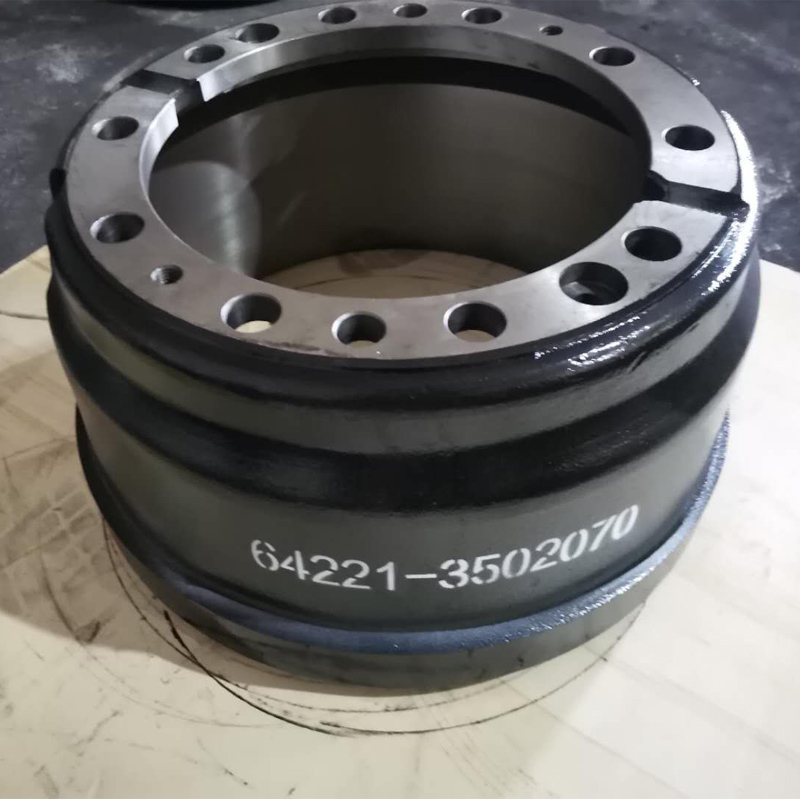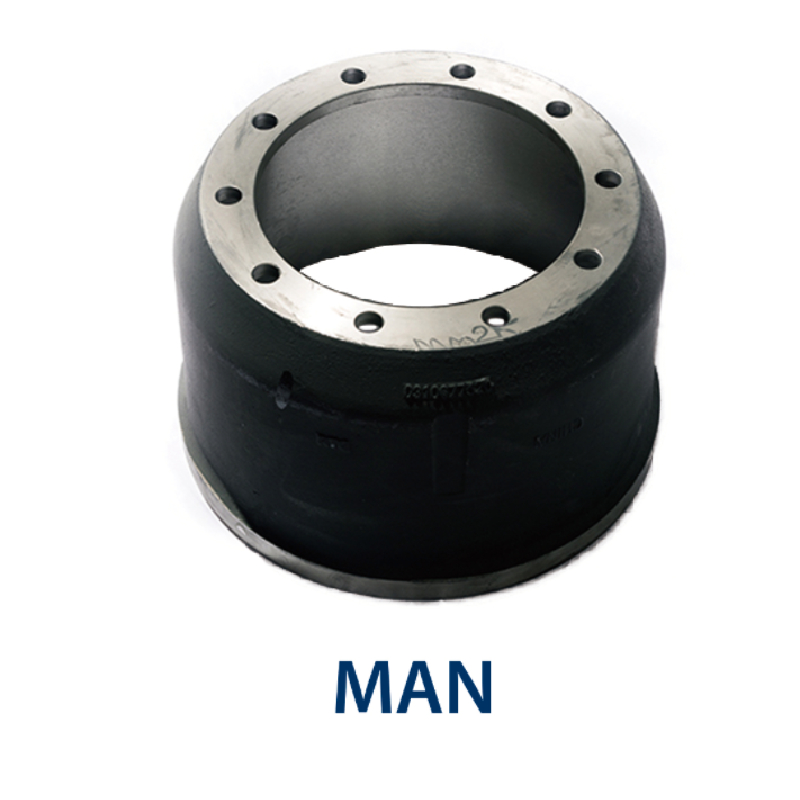2 月 . 20, 2025 03:46 Back to list
wheel brake drum
Wheel brake drums play a pivotal role in the mechanics of a vehicle’s braking system, yet they often remain overshadowed by their more visually prominent counterparts, the disc brakes. For automotive experts and novices alike, understanding the intricacies and the advantages of wheel brake drums is essential for maintaining a safe and efficient vehicle.
From an expert perspective, it is crucial to consider the servicing and longevity of wheel brake drums. Regular maintenance is key to ensuring their continued performance. Unlike disc brakes which often wear out rapidly, the wear pattern in brake drums is slower and more uniform, translating to longer-lasting components. Experts recommend periodic inspections to assess any signs of wear, glazing, or damage. Properly adjusted brake shoes and regular cleaning of components can extend the life of the brake drum system significantly, ensuring reliable performance over the vehicle's lifespan. In terms of expertise, wheel brake drums require a nuanced understanding of their mechanics and maintenance needs. Professionals must be adept at identifying wear patterns and discerning when a drum needs turning or replacement. This expertise not only prolongs the lifecycle of the vehicle’s braking system but also enhances overall safety. Establishing authoritativeness in the discussion of wheel brake drums revolves around recognizing their unique applications and benefits. Many commercial vehicles, older models, and specialty applications still rely on drum brakes due to their customization options and unmatched torque capacity. Understanding this ensures that recommendations and guidance are tailored to the specific needs of the vehicle and its use case. Trustworthiness, a cornerstone of any mechanical discussion, especially regarding safety-critical components like brakes, is built through consistency and transparency in information dissemination. Reliable sources, consistent maintenance records, and expert consultations ensure vehicle owners can trust the performance and sustainability of their braking systems. In conclusion, wheel brake drums, while less celebrated than disc brakes, offer a suite of benefits that make them a reliable choice for a variety of vehicles. Their durability, cost-effectiveness, and unique mechanical advantages underscore their importance in the automotive landscape. For those equipped with the knowledge and expertise to maintain these systems, wheel brake drums ensure a safe and economical driving experience.


From an expert perspective, it is crucial to consider the servicing and longevity of wheel brake drums. Regular maintenance is key to ensuring their continued performance. Unlike disc brakes which often wear out rapidly, the wear pattern in brake drums is slower and more uniform, translating to longer-lasting components. Experts recommend periodic inspections to assess any signs of wear, glazing, or damage. Properly adjusted brake shoes and regular cleaning of components can extend the life of the brake drum system significantly, ensuring reliable performance over the vehicle's lifespan. In terms of expertise, wheel brake drums require a nuanced understanding of their mechanics and maintenance needs. Professionals must be adept at identifying wear patterns and discerning when a drum needs turning or replacement. This expertise not only prolongs the lifecycle of the vehicle’s braking system but also enhances overall safety. Establishing authoritativeness in the discussion of wheel brake drums revolves around recognizing their unique applications and benefits. Many commercial vehicles, older models, and specialty applications still rely on drum brakes due to their customization options and unmatched torque capacity. Understanding this ensures that recommendations and guidance are tailored to the specific needs of the vehicle and its use case. Trustworthiness, a cornerstone of any mechanical discussion, especially regarding safety-critical components like brakes, is built through consistency and transparency in information dissemination. Reliable sources, consistent maintenance records, and expert consultations ensure vehicle owners can trust the performance and sustainability of their braking systems. In conclusion, wheel brake drums, while less celebrated than disc brakes, offer a suite of benefits that make them a reliable choice for a variety of vehicles. Their durability, cost-effectiveness, and unique mechanical advantages underscore their importance in the automotive landscape. For those equipped with the knowledge and expertise to maintain these systems, wheel brake drums ensure a safe and economical driving experience.
Latest news
-
Brake Drum for Kamaz Trucks Durable OEM Replacement & High Performance
NewsMay.30,2025
-
Brake Drum Man High-Quality Drum Brake & Shoe Solutions
NewsMay.30,2025
-
High-Performance Brake Drum for Kamaz Trucks Durable Drum Brake Components
NewsMay.29,2025
-
Brake Drum Man High-Quality Drum Brake Drums & Brake Shoes
NewsMay.29,2025
-
Brake Drum MAZ High-Performance & Durable Replacement Parts
NewsMay.29,2025
-
heavy truck brake drums
NewsMar.07,2025
